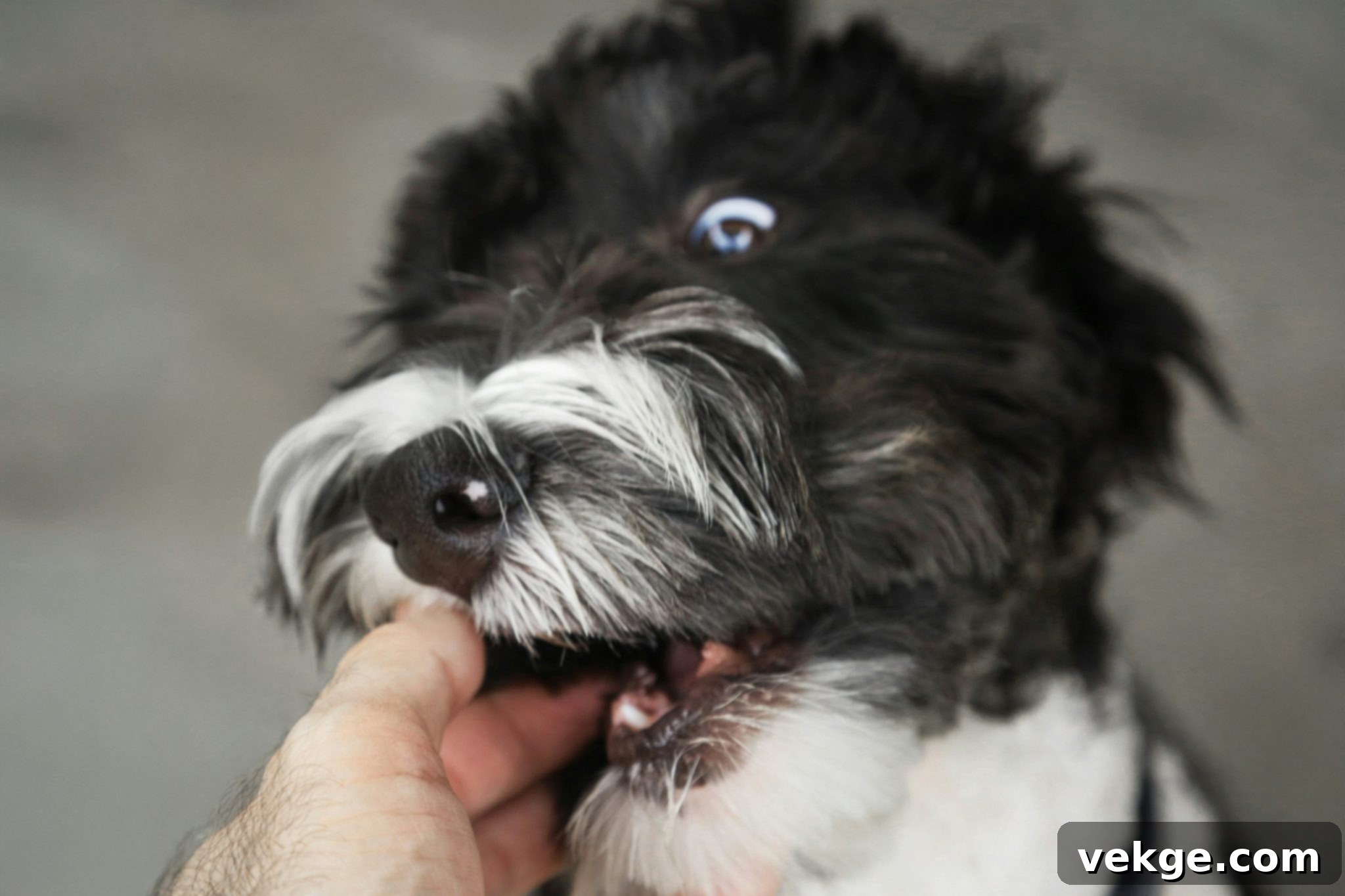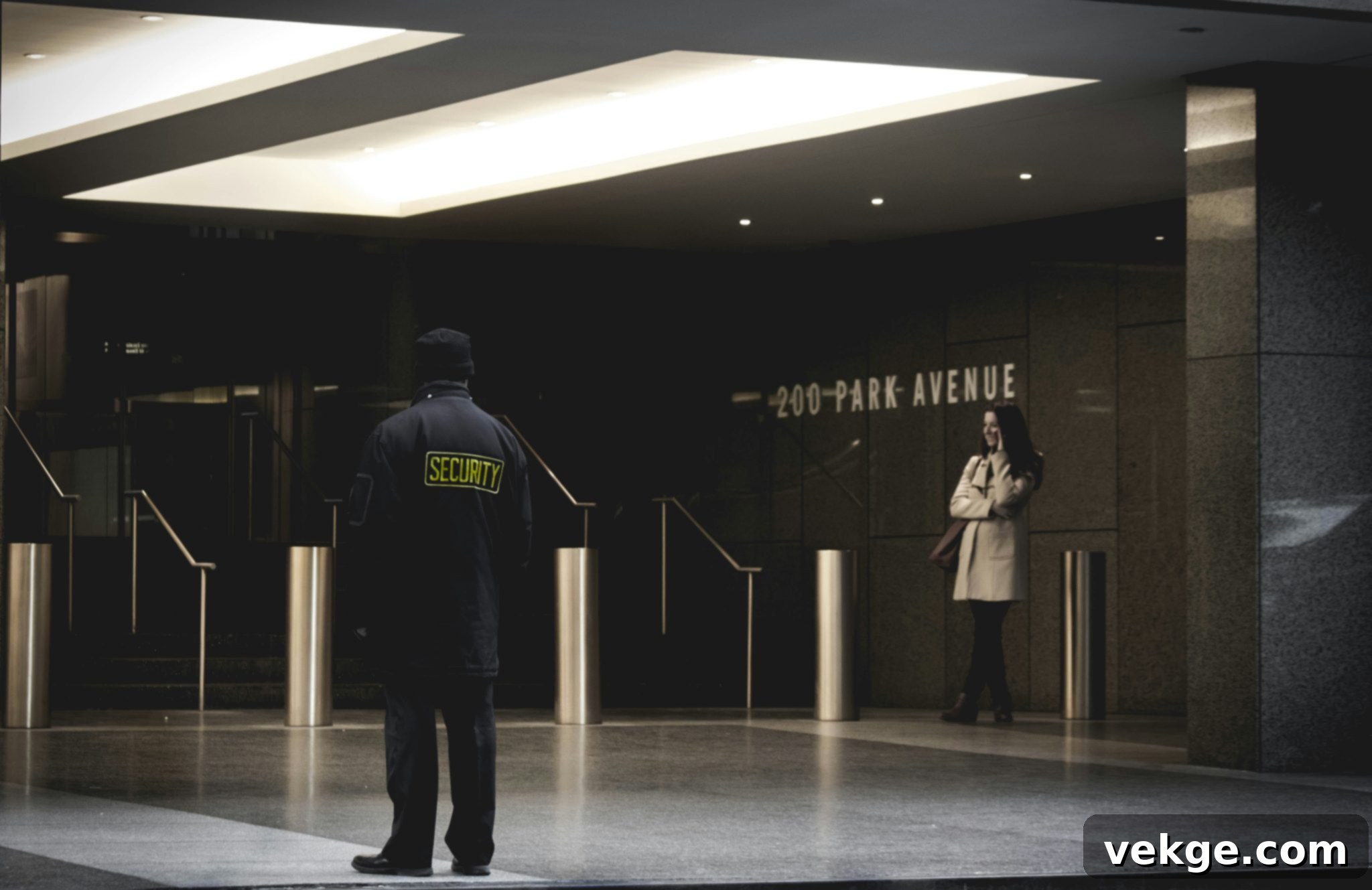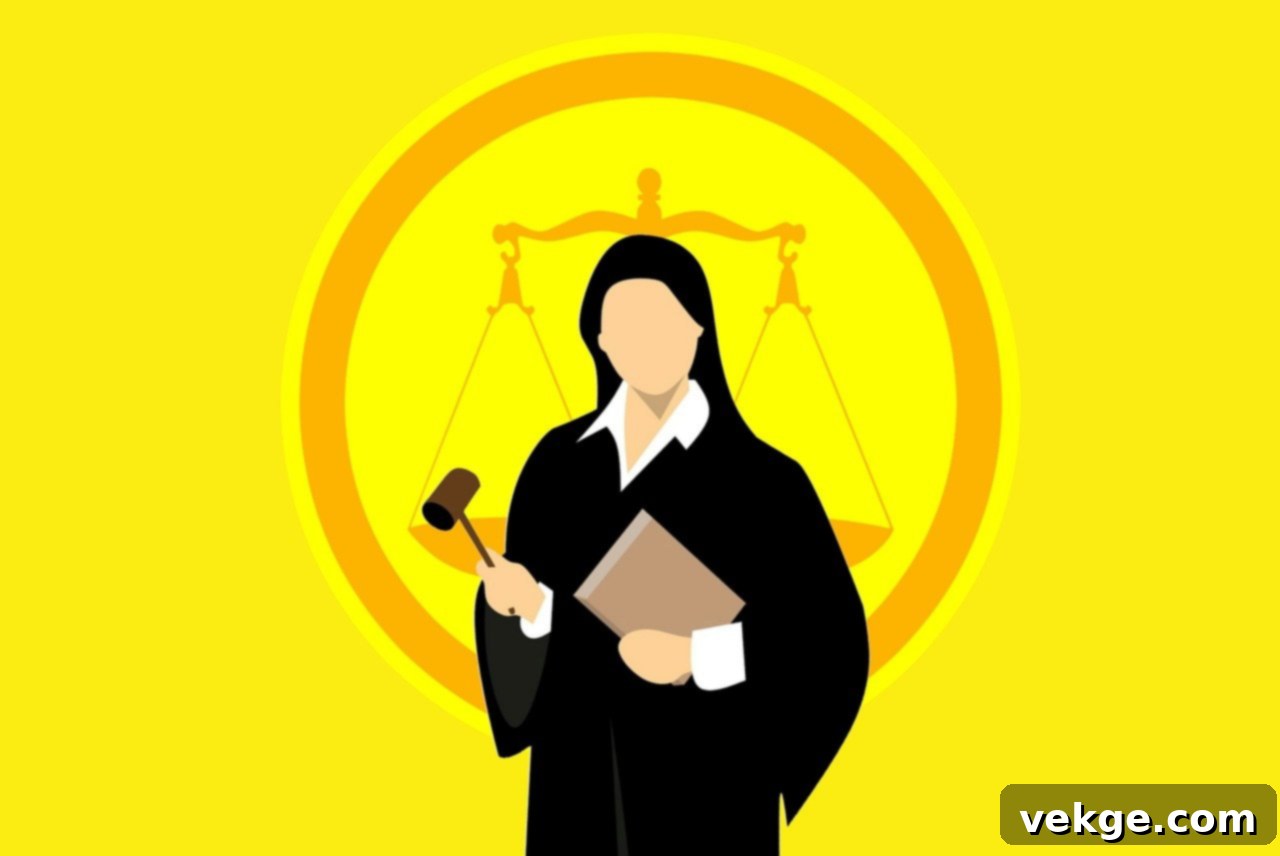Understanding Premises Liability: Your Comprehensive Guide to Property Owner Responsibility and Injury Claims
Accidents are an unfortunate part of life, but when they occur on someone else’s property due to hazardous conditions, the situation often shifts from mere misfortune to a potential legal claim known as premises liability. In many such instances, the property owner or manager may have failed in their fundamental duty to maintain a safe environment for visitors and guests. This legal concept holds property owners accountable for injuries that result from their negligence in maintaining a safe premise.
The scope of premises liability is broad, encompassing a variety of incidents beyond just slips and falls. For example, tragic statistics from the Centers for Disease Control reveal that approximately 4,000 people in the U.S. die from unintentional drowning each year, a number that sadly includes many pool-related accidents, which often fall under premises liability. Other common scenarios include injuries from falling objects, defective property conditions, and even dog bites.
Premises liability attorney David Gantt emphasizes that property owners can be held financially liable if any visitors or guests suffer harm due to unsafe conditions. After an injury, premises liability laws empower injured parties to pursue compensation for their damages. Understanding these laws is crucial not only for preventing such injuries but also for knowing your rights if you or a loved one gets hurt on someone else’s property.
Let’s delve deeper into the most common types of premises liability cases. By understanding the responsibilities of property owners and the rights of visitors, we can all contribute to safer communities and ensure justice for those who have been wronged.
Slips and Falls: A Leading Cause of Premises Liability Claims
When you step onto someone else’s property, whether it’s a grocery store, a friend’s house, or a public park, you have a reasonable expectation of safety. Unfortunately, slips, trips, and falls are among the most frequent types of accidents that lead to premises liability claims, often due to a property owner’s negligence. These incidents can happen in an instant, but their consequences can be life-altering, leading to severe injuries such as broken bones, head trauma, spinal cord damage, and extensive medical bills.
Common culprits behind slip and fall accidents include wet floors without warning signs, uneven or cracked pavements, poorly maintained stairwells, loose rugs, debris left in walkways, inadequate lighting, and even ice and snow accumulation that hasn’t been properly cleared. Property owners have a standard duty to keep their premises safe for visitors. This includes regularly inspecting the property for hazards, addressing any dangers promptly, and providing clear warnings about unavoidable risks.
If someone slips and falls due to a hazardous condition that the property owner knew about, or reasonably should have known about, that owner could be held liable. The impact of such an accident extends beyond physical pain; victims often face significant financial burdens from hospital bills, ongoing medical treatment, rehabilitation, and lost wages due to time away from work. As construction site injury lawyer Christopher J. Canlas points out, in specific contexts like construction sites, workers injured due to unsafe conditions are typically covered by workers’ compensation, but premises liability might still apply for third-party negligence or if the injury occurs to a visitor. Recognizing that your voice and experience matter is the first step toward holding negligent parties accountable and advocating for a safer environment for everyone.
Dog Bites: Understanding Owner Responsibility and Your Rights

While dogs are often cherished companions, even the friendliest can bite under certain circumstances, particularly if they feel threatened, startled, or provoked. Dog bites constitute another significant category of premises liability claims, especially in “strict liability” states where the owner is liable regardless of prior knowledge of the dog’s viciousness. Even if a dog has no history of aggression, its owner is typically responsible for controlling the animal and preventing harm to others.
Incidents can occur when dogs get scared by loud noises, quick movements, or unfamiliar environments. It’s crucial for dog owners to take proactive steps to prevent bites, such as using leashes in public, ensuring proper containment on their property, and training their pets. For victims, immediate medical attention after a dog bite is paramount, given the risk of infection and potential for serious injuries, including nerve damage, scarring, and psychological trauma.
After receiving medical care, it’s important to document the incident, gather contact information for the dog owner and any witnesses, and report the bite to local animal control. Even if you’re shaken and unsure of your next steps, knowing your rights is crucial. The owner of the dog has a responsibility to take measures to prevent future incidents, ensuring the safety of others. You, along with everyone else, deserve to feel secure, whether you’re walking in a park or visiting a neighbor’s home, without fear of animal attacks.
Inadequate Maintenance: When Neglect Leads to Injury
A property that is not properly maintained can pose significant hazards to anyone on the premises. Whether you’re visiting a commercial establishment or a private residence, you expect the property to be safe and free from avoidable dangers. Unfortunately, property owners sometimes neglect their duty to maintain their premises, leading to dangerous conditions that can cause severe injuries.
Examples of inadequate maintenance are abundant: a broken handrail on a staircase, cracked or uneven walkways, faulty wiring that causes electrical fires, crumbling steps, structural defects, or poor lighting in common areas like hallways and parking lots. Any of these conditions can lead to serious accidents, from falls to more complex incidents. A person who sustains an injury because of a property owner’s failure to maintain a safe environment may have grounds to sue for premises liability.
Imagine slipping on a wet floor that lacks a warning sign, tripping over debris that should have been cleared, or falling down a dimly lit staircase with a loose handrail. Such experiences can leave you not only injured but also feeling unwelcome and neglected. Property owners have a legal obligation to regularly inspect their premises, identify potential hazards, and either fix them or warn visitors about them. When they fail in this duty, they can be held accountable for any resulting injuries. Enforcing premises maintenance laws creates a better-protected environment, fostering a sense of security for everyone who enters a property.
Swimming Pool Accidents: Hidden Dangers and Owner Liability
Swimming pools offer a refreshing escape, especially during warmer months, but they also present unique and often severe dangers if not properly managed. While enjoying a day by the pool, many people never consider the potential hazards that can lead to tragic accidents. The worst part about pool accidents is their sudden and unexpected nature, transforming a leisurely activity into a life-threatening situation in moments.
Slip and fall accidents on wet pool decks are incredibly common, but the risks extend far beyond minor tumbles. Injuries sustained from diving into shallow water, sometimes leading to catastrophic spinal cord injuries or paralysis, are a serious concern. Drowning, particularly in unmonitored areas or where proper safety barriers are absent, remains the most tragic outcome. As mentioned earlier, unintentional drowning accounts for thousands of deaths annually, a significant portion of which occur in private and public pools.
Property owners with pools have a heightened duty of care to ensure the safety of their guests. This includes maintaining the pool area in good condition, providing adequate warning signs (e.g., “no diving” signs, depth markers), ensuring sufficient barriers like fences and gates to prevent unauthorized access, and in commercial settings, potentially providing trained lifeguards or adequate supervision. Faulty drains, poorly maintained equipment, and a lack of proper safety protocols can all contribute to dangerous conditions. Prioritizing safety will guarantee a wonderful environment for all to enjoy. Moreover, these precautions not only protect those dearest to you but also steer future liability problems away from you, the property owner.
Inadequate Security: When a Lack of Protection Leads to Harm

How safe do you feel standing on a property that visibly lacks adequate security measures? Safety in any environment—be it a mall, an apartment complex, or your workplace—is an undeniable right. Property owners have a responsibility to provide a reasonable level of security, especially in areas where criminal activity is foreseeable.
When security is compromised, the risks are substantial. A poorly lit parking lot, non-functional CCTV cameras, insufficient or poorly trained security personnel, broken locks on doors, or a lack of proper access control can create an environment ripe for criminal activity. Incidents such as theft, muggings, assaults, or even more severe violent crimes could crop up due to this negligence, leaving victims traumatized and questioning the safety of the place. Should you ever suffer an incident because of an improper or inadequate security setup, you may be entitled to significant damages.
Property owners must take reasonable steps to ensure the safety of their guests and occupants. This “duty of care” extends to protecting them from foreseeable criminal acts. For example, if a property owner is aware of frequent robberies in the area but fails to install adequate lighting or security cameras, they could be held liable if a visitor is assaulted. When property owners fail to uphold this fundamental duty, it is grounds for a premises liability claim. Remember, your safety matters; you should never have to put up with unsafe conditions or the fear of crime due to another’s negligence.
What to Do After a Premises Liability Accident
If you or a loved one has been injured on someone else’s property due to dangerous conditions, knowing the correct steps to take immediately after the incident can significantly impact your ability to pursue a successful premises liability claim. Your actions can help preserve crucial evidence and protect your legal rights.
- Seek Immediate Medical Attention: Your health is the top priority. Even if you feel fine, some injuries may not be immediately apparent. A medical professional can diagnose your condition and create an official record of your injuries, which is vital for any legal claim.
- Document the Scene: If possible, take photos and videos of the hazard that caused your injury, the surrounding area, and your visible injuries. Note the date, time, and specific location of the accident.
- Report the Incident: Inform the property owner, manager, or an employee about the accident as soon as possible. Request that an official incident report be filed and obtain a copy. Be factual and avoid admitting fault or making speculative statements.
- Gather Witness Information: If anyone witnessed the accident, ask for their names, phone numbers, and email addresses. Their testimony can be incredibly valuable.
- Keep Detailed Records: Maintain all documentation related to your injury, including medical bills, prescription receipts, therapy records, and records of lost wages or other expenses incurred due to the accident.
- Avoid Discussing the Accident: Refrain from discussing the accident with anyone other than your medical providers and your attorney. Do not post about it on social media, as anything you say or post could be used against your claim.
- Consult a Premises Liability Attorney: Premises liability law can be complex. An experienced attorney can evaluate your case, help you understand your rights, gather evidence, negotiate with insurance companies, and represent you in court if necessary. They can guide you through the legal process and work to secure the compensation you deserve for medical expenses, lost income, pain, and suffering.
Your Rights and a Safer Future
Premises liability laws exist to protect individuals from harm caused by negligent property owners. Every property owner has a fundamental duty to ensure their premises are safe for those who enter. When that duty is breached, and an injury occurs, victims have the right to seek justice and compensation for their suffering.
By understanding common premises liability scenarios—from slips and falls and dog bites to inadequate maintenance and security—you empower yourself with knowledge. This knowledge is not just about personal protection; it’s about fostering a community where safety is paramount, and accountability is upheld. If you find yourself in the unfortunate position of being injured on someone else’s property, remember your rights and do not hesitate to seek legal guidance. Your proactive steps can not only secure your own future but also contribute to a safer environment for everyone.
